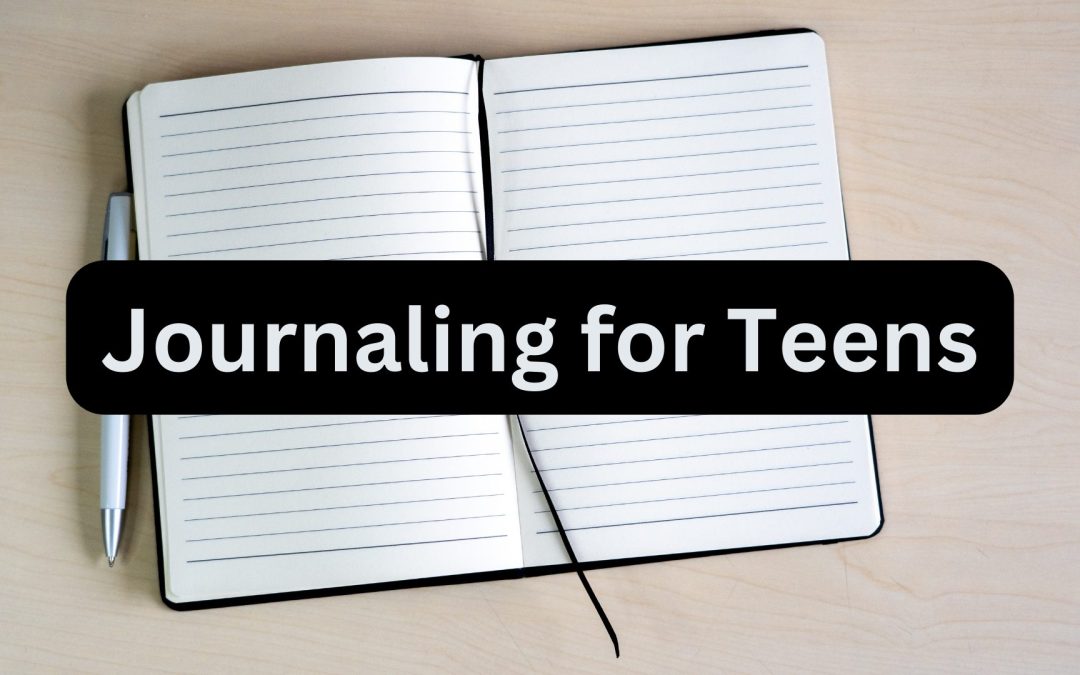In such a digital age, it can be easy for kids to lose sight of the power of the written word. Even reading from a traditional book is falling by the wayside with younger generations. But there is something to be said about writing down your thoughts, as well as a wide range of other ideas and subjects.
Benefits of Journaling
Many teens can struggle with getting their thoughts on paper, whether it is through typing or writing. Their brains are still developing and yet, as high schoolers, we do expect a lot of skills and in-depth comprehension from them. If they feel like they can’t keep up, or have a hard time expressing all the thoughts in their head, then journaling is a great way to help them hone in on their skills. Handwriting your thoughts can slow that pace down in your teen’s brain, helping them to better think out what they want to say or how to say it succinctly. This can also help improve their self esteem around their thoughts and ideas as they will feel better prepared in talking about them and expressing them more easily.
Wide Range of Subjects
And journaling does not have to revolve around improvement! Your teen may just enjoy writing, and love the old school feel of pen and paper. Journaling does not have to revolve around one’s thoughts or feelings, either. A journal does not have to necessarily be a diary-style telling of their day-to-day activities, either. Journaling can simply be a means for your teen to explore their feelings or thoughts through a myriad array of topics, such as gratitude, their current or future projects, exercise or sports training, areas of study, emotions, dreams, and hobbies.
Guided Journaling
For most teens, they will want their journal to almost serve as a diary, though. If they are recording their thoughts and feelings, this is going to be for their eyes only and should be respected. Journaling is for your teens to help them express themselves in a safe manner. They may have a difficult time writing or verbally explaining themselves, and a journal will help with that.
If your teen wants to start a secondary journal that is more educational or learning based, then a guided journaling experience may work! This type of journaling is more centered around writing about a specific topic or prompt. Teachers use it occasionally in the classroom, and you can use it with your teen to help them broaden their writing skills even further!
Katie Kyzivat

